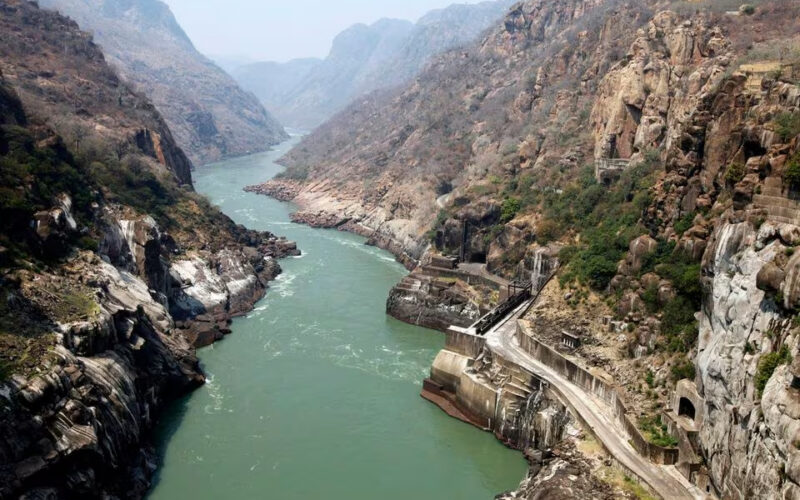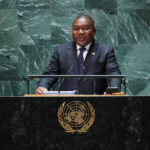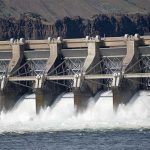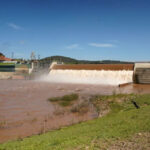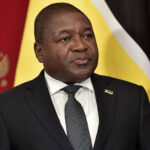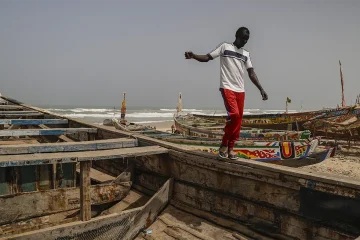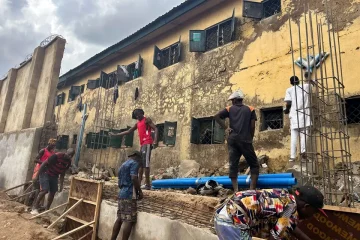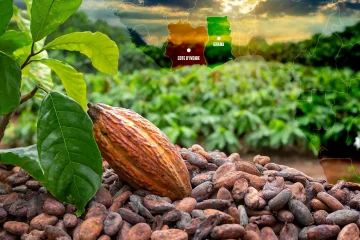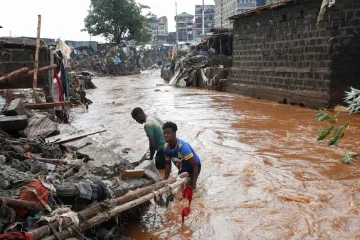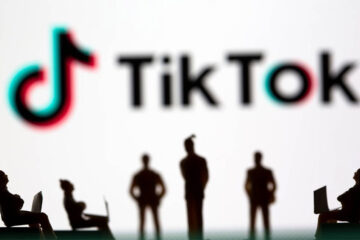MOZAMBIQUE has signed an accord with a consortium led by French power giant EDF to build the new $5 billion Mphanda Nkuwa hydropower project, the government said, as it seeks to harness energy from one of Africa’s largest rivers.
The dam and hydropower plant will be built along the Zambezi River in Tete province to the north of Mozambique and will generate 1,500 megawatts of power in the first phase.
“This is the first concrete step for Mozambique to capitalise on the immense hydropower potential of the Zambezi River and the country’s other energy resources,” Mozambique Energy Minister Carlos Zacarias said in a statement.
He added that the new dam will provide low-cost electricity to the southern African country and help position it as a regional exporter of clean, renewable energy.
The dam will link Tete to the capital Maputo via a transmission line of around 1,300 km (800 miles).
The first turbine is expected to operate by 2031, officials said during a signing ceremony attended by senior French and Mozambican government officials, including President Filipe Nyusi.
Mozambique’s larger Cahora Bassa Dam, also located on the Zambezi River, already supplies neighbouring South Africa with power as Africa’s most industrialised country battles with its worst power outages in living memory.
The winning consortium led by EDF consists of TotalEnergies and Sumitomo Corporation and will develop, build and operate the Mphanda Nkuwa hydropower project.
The Franco-Japanese consortium is the majority shareholder, with a 70% stake in the venture, while Mozambique’s power utility EDM and Hidroeléctrica da Cahora Bassa (HCB) will take the remaining 30%.

